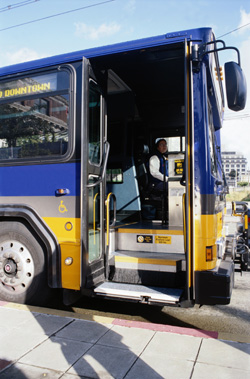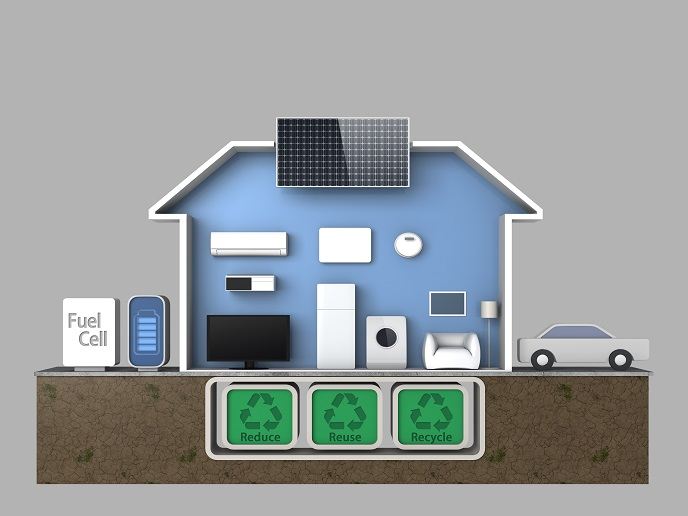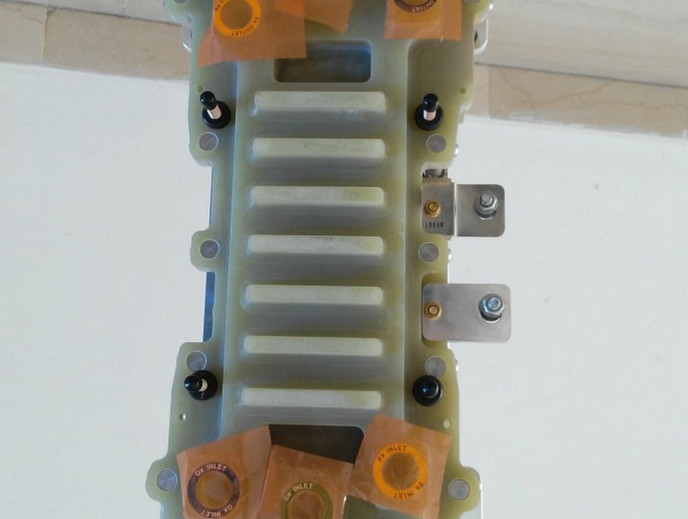The road to heavy-duty fuel cells
Visionaries have dreamed of making heavy-duty vehicles operate on super FCs, from large cars and trucks to trains and boats. Such a vision has come within the grasp of science thanks to the efforts of the EU-funded project 'Fuel cell power trains and clustering in heavy-duty transports' (Felicitas). The project worked on developing FC technologies for heavy-duty road, rail and marine transport using polymer electrolyte fuel cells (PEFCs) and solid oxide fuel cells (SOFCs). It aimed for cells that provided over 200 kW electrical output and over 10,000 hours operation time, as well as system efficiency of over 60 %. This involved exploitation of proton exchange membrane (PEM) technology that could eventually even power heavy-duty vehicles such as inner city buses. After intense research, design and testing, the project made remarkable progress in furthering its objectives. In addition to considering pure hydrogen, it investigated the use of different hydrocarbon-based fuels as a pre-condition for most heavy-duty applications. Felicitas also made headway in using gas turbines to increase electrical efficiency and promote intelligent reuse of thermal energy in SOFC. The project successfully designed hybrid PEFC clusters that were ideal for public transport applications such as city buses, light rail or trams in urban areas, but not for heavy rail, tram or truck applications. On the other hand, although the project made significant headway in developing Rolls-Royce hybrid SOFCs, the technology still needed modifications before being successfully used in marine applications. Other key achievements of the project included doubling the lifetime for single PEFC systems in hybrid configurations as well as over 60 % efficiency for hybrid SOFC and PEFC systems. While more work is needed to achieve the heavy-duty applications envisioned, the overall progress has helped advance FC technology in numerous ways, bringing much optimism to the future of cleaner transport.







